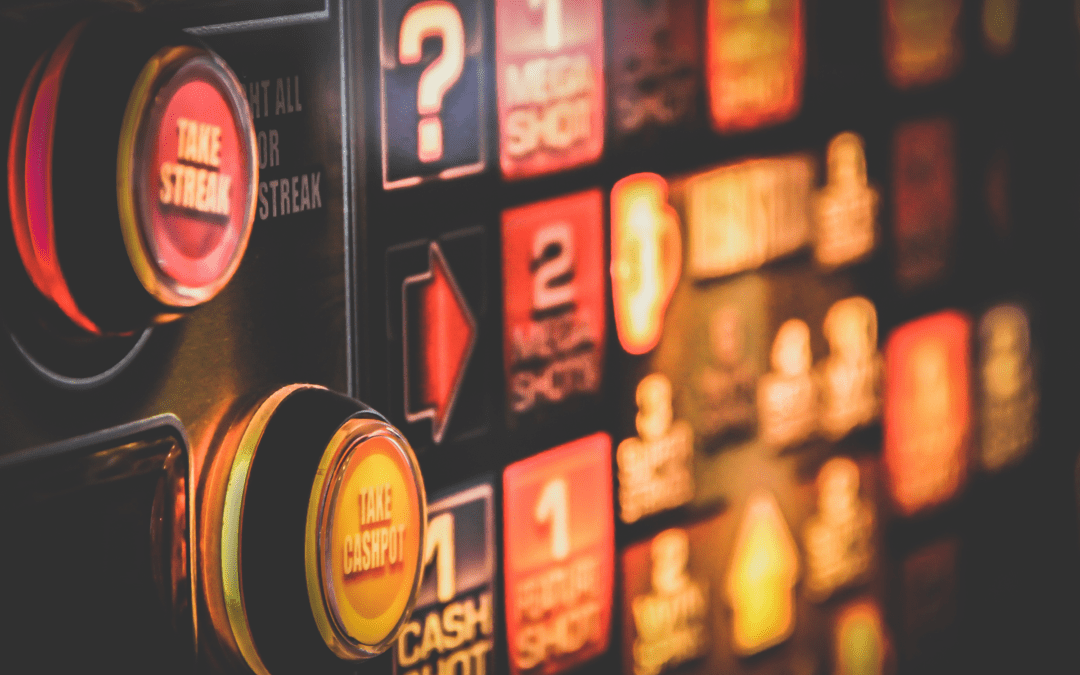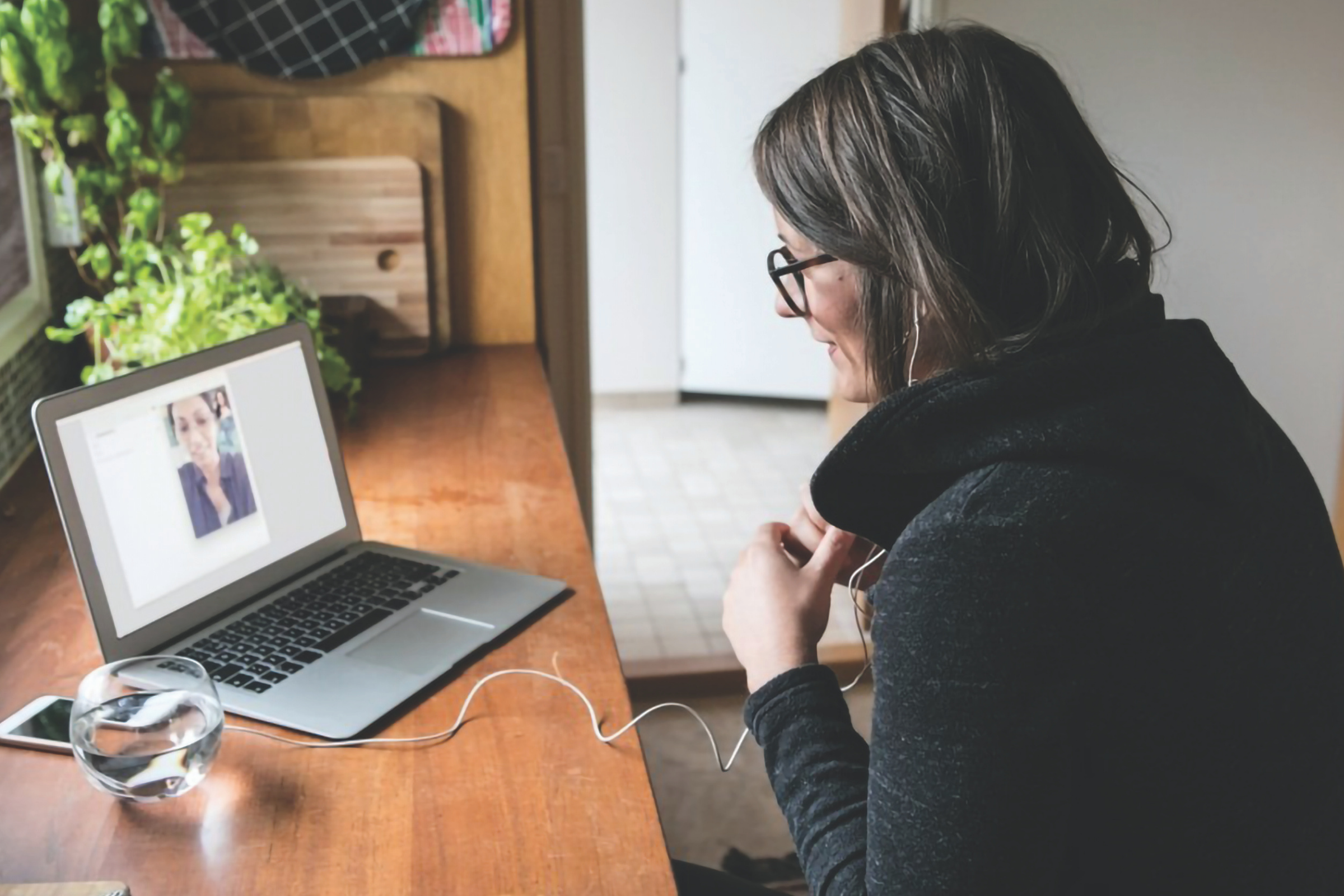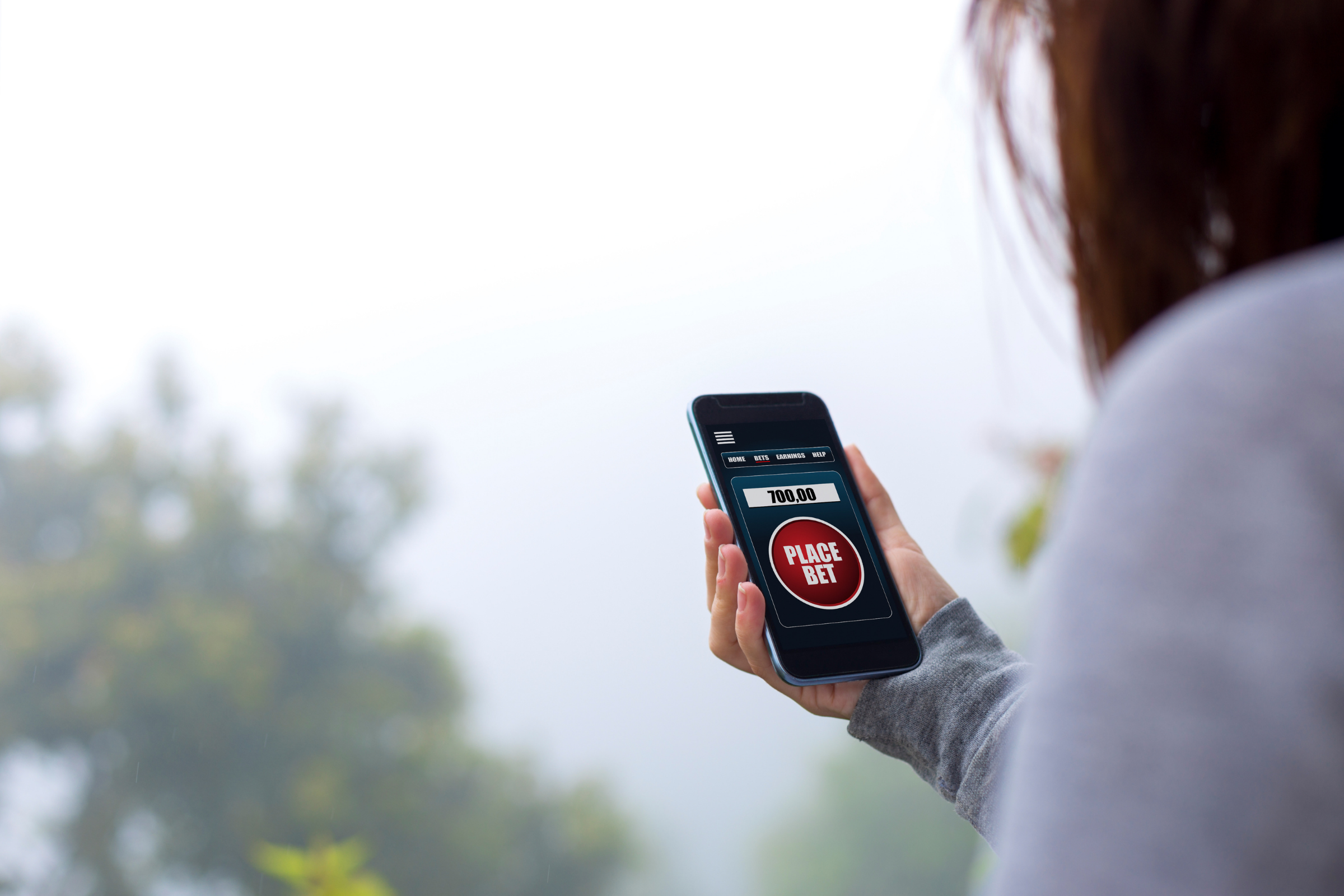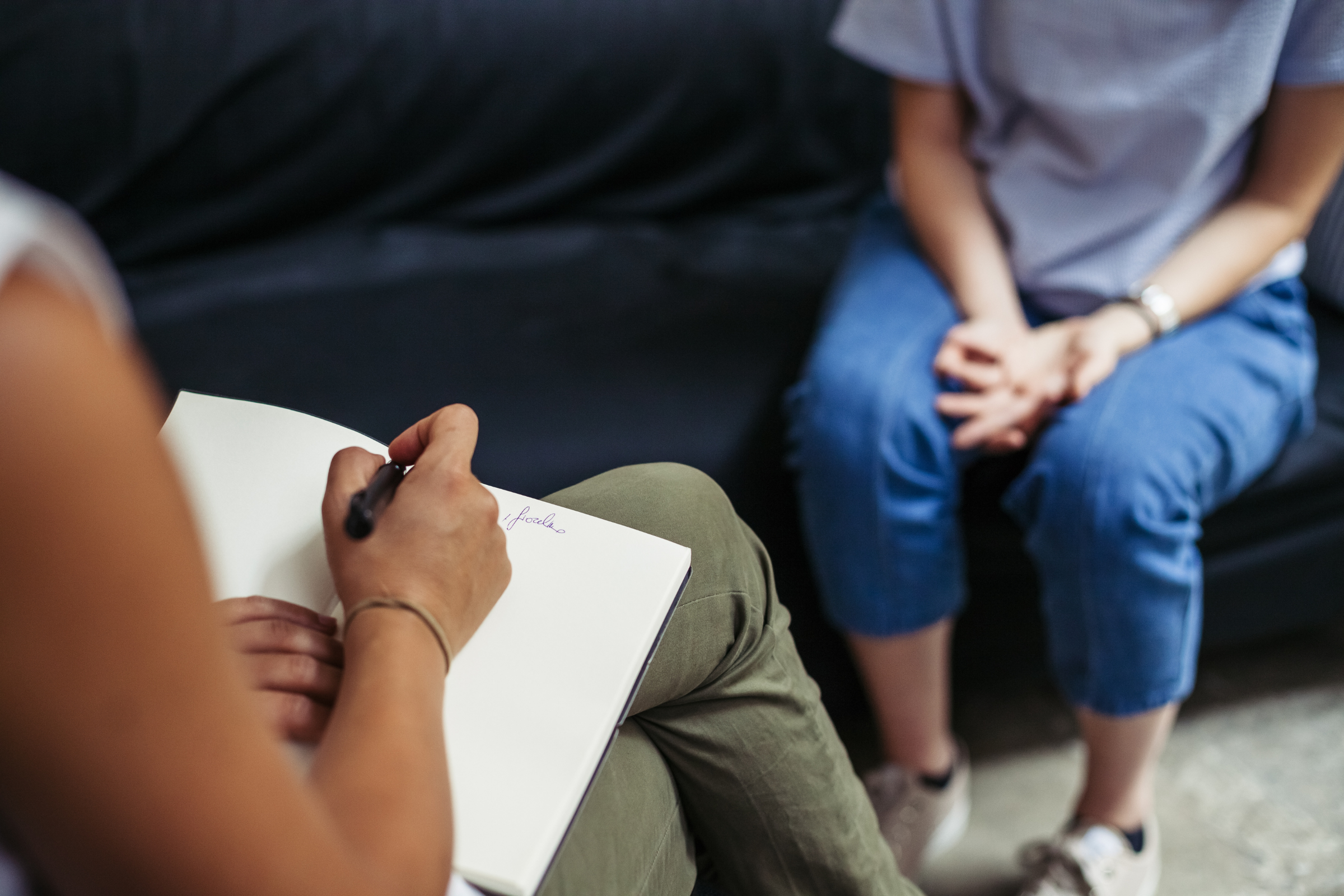
The Problem Gambling Landscape in Wisconsin
Northern Light sat down (virtually) with Rose Blozinski, executive director at the Wisconsin Council on Problem Gambling, to gain some insights about the problem gambling landscape of our eastern neighbor.
Here are some highlights of that conversation.
Q: How is the Wisconsin Council on Problem Gambling funded?
A: We have a grant from Wisconsin’s Department of Social Services for a public awareness campaign and also receive funding from casinos and private donations. Our budget is approximately $475,000.
Q: How does Wisconsin train gambling counselors?
A: We have two types of training. The first is a 60-hour phased program that consists of four phases of 15 hours each. We also have an intro training that’s six hours long. The goal is to provide people with more awareness of gambling disorder and to get them interested in continuing the four-phase program. The training is provided by three certified gambling counselors.
Q: Does Wisconsin have licensure for problem gambling counselors?
A: We do not have a state certification, though we encourage people to get the national or international certification. We have approximately 80 counselors who have gone through the four-phase program and who are listed as referral sources on our helpline. We also have an additional approximately 20 counselors who are nationally/internationally certified. And several more are in process.
Q: Is video gaming addiction incorporated in the state’s training?
A: We have started doing that. One of our trainers has done some research in that area. We are adding that into our programming for teenagers in school.
Q: Within Wisconsin masters counseling programs, how much time is dedicated to teaching about problem gambling specifically vs. addictions in general?
A: This is purely a guess, but I think that any problem gambling education that takes place is through addictions training.
Q: What types of professionals attend training — social workers, addiction counselors, psychologists, etc?
A: We don’t seem to have as many addiction counselors attending as we used to. We see a lot of social workers and other kinds of counselors who take the training as part of their masters programs.
Q: Does the Wisconsin council have any kind of relationship with schools?
A: We have a relationship with several schools and a few technical colleges to provide an alternative class. While one technical college has put that class on their schedule for three years, nobody has taken it because of other classes they are required to take. We are trying to get a jumpstart on that. We do a program with high school classes as requested.
Q: What’s the likelihood of sports betting becoming legal in Wisconsin?
A: At the present time it is not legal, though some people are trying to work on that. I don’t think it’s going to go anywhere too quickly. However, I think if surrounding states legalize sports betting, Wisconsin will look at it more seriously.
Q: How has the pandemic impacted your services?
A: We at the council are working remotely, so the helpline, which we operate, has continued. We’ve seen less calls than we expected as we thought people would be panicking because casinos were closed. Regarding treatment, one counselor told us they weren’t seeing a lot with gambling but were seeing people with other addictions. And a lot of this counseling is taking place by phone, which is different.
Q: Is Wisconsin allowing telecounseling during the pandemic?
A: It seems so. A lot of counselors are doing it, but I’m not sure if they are part of private or state agencies.
Q: Does Wisconsin provide money for treatment?
A: No. In Wisconsin, there are zero dollars set aside for treatment. As you might imagine, this is very difficult because gamblers seeking help usually have no money. We encourage them to go to GA, but there aren’t many GA groups in rural areas so, unfortunately, the cycle tends to continue.
Q: How many casinos are there in Wisconsin?
A: We have 26, with one in Hudson being the closest to Minnesota. All casinos are owned and operated by 11 tribes, but several tribes have several casinos each.
Q: Does Wisconsin have self-exclusion programs for gamblers?
A: The casinos do, but each one is different in how they administer the program.
Q: What are the challenges you see in Wisconsin?
A: The biggest issue is getting people the help they need. We can refer them all over but if the financial resources aren’t there it doesn’t do that much good. Affordable treatment is one of the biggest issues. Another issue from our perspective is the challenge to get a public awareness effort going all over the state. It’s a battle to reach people in an efficient way.
Q: What are some exciting things as you look ahead?
A: In the short term, we’re hoping that our state conference that’s been rescheduled to August will happen. Beyond that, we have more webinars and more trainings online. We’ve also talked to technical colleges that could do an intro course online. And, of course, we continue to find ways to reach out to people with gambling problems.



